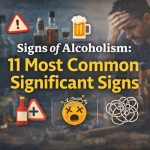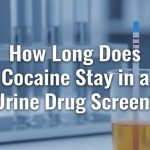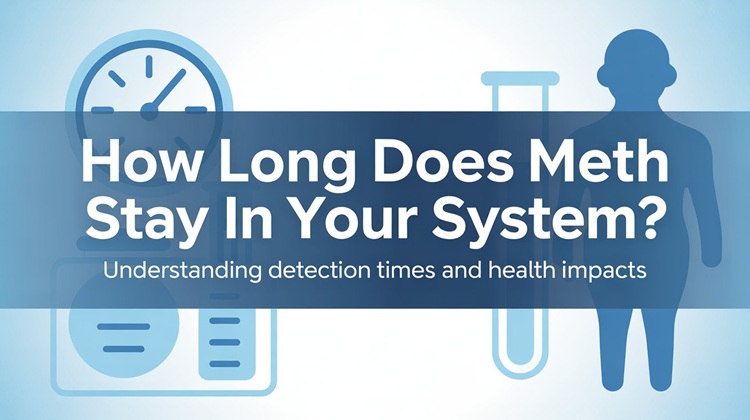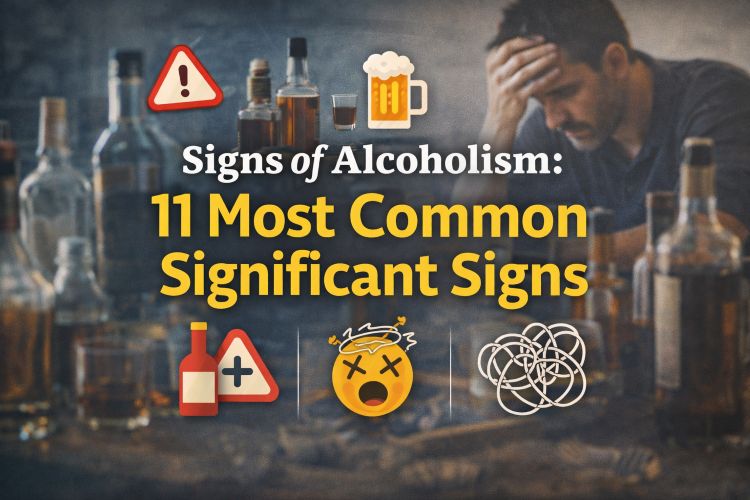Historical Context
Alcohol has played diverse roles in human history, serving social, religious, and medicinal purposes. However, its widespread abuse has resulted in significant historical challenges. Over time, efforts to address alcoholism have evolved with varying degrees of success. The Temperance movement, represented by the Anti-Saloon League, advocated for the complete prohibition of alcohol. Woodrow Wilson’s presidency saw the establishment of Prohibition through the 18th Amendment, which was later repealed by Franklin Roosevelt and the 21st Amendment. Prohibition ended because it proved ineffective in curbing alcohol consumption, and Roosevelt recognized the potential economic benefits of taxing alcohol. According to Oxford Academic’s “One Hundred Years of Alcoholism: The Twentieth Century”, the past century has witnessed the acceptance and rapid increase in knowledge of alcoholism as a disease.
The Emergence of the Disease Concept of Alcoholism
The recognition of the disease concept of alcoholism has significantly evolved, gaining widespread acceptance worldwide. This paradigm shift has played a crucial role in enhancing the availability and accessibility of treatment options. By understanding alcoholism as a disease, rather than a moral failing or lack of willpower, society has embraced a more compassionate and supportive approach towards those struggling with alcohol addiction. This shift has facilitated the development of comprehensive treatment programs, increased research efforts, and fostered greater understanding and empathy among healthcare professionals and the general population. Consequently, individuals grappling with alcoholism can now seek and receive the help they need, promoting better outcomes and improved quality of life.
Understanding Alcoholism
Alcoholism, also known as alcohol use disorder (AUD), is a chronic and potentially devastating condition characterized by an unhealthy dependence on alcohol. It affects millions of individuals worldwide, causing profound physical, psychological, and social consequences. Alcoholism can manifest as a compulsive need to consume alcohol despite its detrimental effects. It can lead to a variety of issues, including liver disease, cardiovascular problems, mental health disorders, damaged relationships, legal issues and decreased quality of life. The development of alcoholism is influenced by a combination of genetic, environmental, and psychological factors. The National Institute on Alcohol Abuse and Alcoholism states that, “Alcoholism is a chronic disease that can be managed successfully with ongoing treatment”.
Traditional Treatment Approaches
Detoxification, or detox, is often the initial step in alcoholism treatment. It involves clearing the body of alcohol and managing withdrawal symptoms. However, detox can be dangerous, as severe withdrawal symptoms such as delirium tremens (DTs) and seizures can occur. Medical supervision and support are crucial during this process.
Dangers of Detoxification
Detoxification can be a critical and challenging phase of alcoholism treatment. Abruptly stopping alcohol consumption can lead to severe withdrawal symptoms, including tremors, hallucinations, seizures, and even life-threatening complications like DTs. It is crucial to seek professional medical help during detox to ensure safety and receive appropriate care.
Rehabilitation Programs: Inpatient and outpatient rehabilitation programs provide structured environments for individuals to address the physical, psychological, and social aspects of alcoholism. These programs typically include counseling, support groups, and behavioral therapies to promote long-term recovery.
12-Step Programs: Alcoholics Anonymous (AA) and similar 12-step programs have been widely utilized for decades. These programs offer a supportive community and a structured approach to achieving and maintaining sobriety. They emphasize personal accountability, self-reflection, and spiritual growth.
100% Confidential Support is Available 24/7
No matter what you’re going through, you’re not alone. Our dedicated team is here to provide a safe, judgment-free space where you can talk openly and honestly. Whether you need emotional support, resources, or just someone to listen.
We’re here for you—completely confidential and always respectful of your privacy. Call us today!
New Approaches to Overcome Alcoholism
Medication-Assisted Treatment (MAT): MAT combines behavioral therapies with medications that help reduce cravings and withdrawal symptoms. Drugs such as naltrexone, acamprosate, and disulfiram can support recovery by blocking the euphoric effects of alcohol, minimizing relapse, and aiding in the maintenance of sobriety.
Cognitive-Behavioral Therapies (CBT): CBT focuses on identifying and modifying unhealthy thoughts, emotions, and behaviors related to alcohol use. It helps individuals develop coping strategies, problem-solving skills, and relapse prevention techniques. CBT can be conducted individually or in group settings.
Holistic Approaches: Complementary therapies like mindfulness, meditation, yoga, and exercise have shown promise in addressing the physical, emotional, and spiritual aspects of alcoholism recovery. These approaches promote self-awareness, stress reduction, and overall well-being.
Alcoholism has far-reaching consequences. The Betty Ford Center declares, “Alcoholism is a disease that can be treated, but never cured”. While traditional treatment approaches have proven effective for many individuals, new methods offer hope for enhanced outcomes. By combining medical interventions, evidence-based therapies, and holistic approaches, individuals struggling with alcoholism can embark on a transformative journey toward lasting recovery.






















